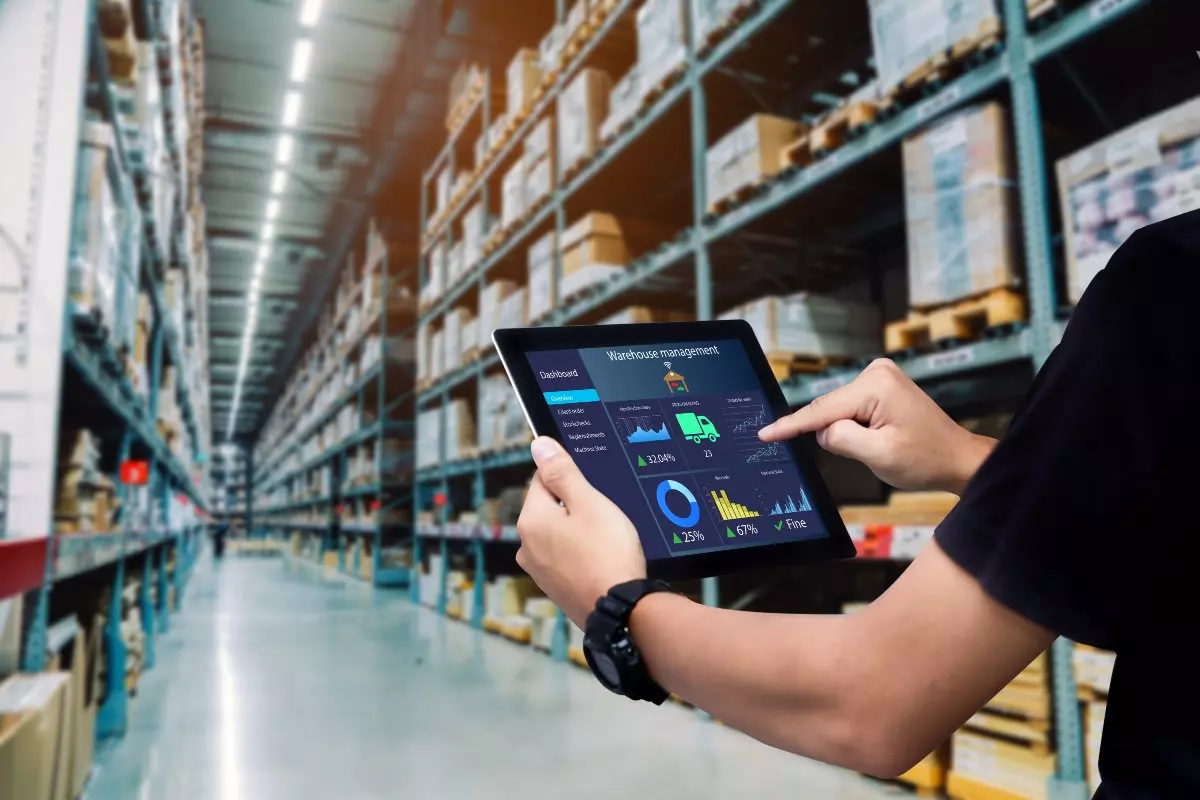The Difference Between E-Business and E-Commerce
The concepts of e-business and e-commerce are often used interchangeably. Nonetheless, the terms are not synonymous. For instance, e-business is a company that interacts with internal and external parties through the Internet. On the other hand, e-commerce is a company that sells goods and services online.
Therefore, if you plan on starting an Internet-based company, it is best to understand what makes each concept unique so you can choose the one that best fits your goals and interest. So, continue reading to find out the difference between e-business vs. e-commerce.
What Is E-Business?
E-business is the online presence of a business. In other words, it refers to performing different business activities through the Internet to facilitate business interactions such as communication, sales, and marketing. E-business requires using multiple websites, customer relationship management (CRM) software, and enterprise resource planning (ERP) software that connects various business processes. It also involves the use of the Internet, Intranet, or Extranet.
The Internet is a system of networks publicly available to everyone. Conversely, only authorized individuals can access a company’s Intranet and Extranet. These private networks allow companies and their members to communicate and share confidential information throughout the organization.
Business activities in e-business are not solely confined to buying and selling goods. It includes other business tasks like
- Online customer service
- Email and in-app marketing
- Inventory management system
- Content management system
For instance, Uber is an e-business because it offers individuals online services, such as ordering a car. Uber also sends marketing materials to its customers via email and provides online customer service. Similarly, Uber Eats allows users to order meals, groceries, and other products online or through the app. Based on their ordering preferences, users receive personalized discounts and offers. Consequently, since Uber conducts different business operations online, it is considered an e-business.
What Is E-Commerce?

E-commerce involves performing commercial activities online, like placing orders and making payments. This means that e-commerce is a part of e-business. Typically, many brick-and-mortar retailers incorporate e-commerce into their business to conduct sales through their websites.
E-commerce sales can include any element of a trade, such as
- Selling a product
- Buying a product
- Ordering a product
- Paying for a product
- Delivering a product
Although predominantly online, e-commerce does incorporate in-store services as well. For example, a customer can order a product online but pick it up in person at the store. Whether the payment is conducted online or in-store, the transaction still involves an element of e-commerce.
In addition to their website, many top brands, such as Samsung, also sell through online marketplaces. For example, you could purchase any Samsung product by visiting their official website or an online retailer like Amazon. However, regardless of where you bought the product, the transaction is an example of e-commerce.
Other than online shopping, examples of e-commerce include
- Online banking
- Online ticket booking
In short, any monetary transaction conducted online is e-commerce. Nonetheless, there are different types of e-commerce. Here are the four categories:
- Business to Business (B2B): One business makes a commercial transaction with another. Examples include Amazon and Alibaba.
- Business to Consumer (B2C): The business sells directly to the customer, avoiding intermediaries. Examples include McDonald’s and Walmart.
- Consumer to Consumer (C2C): Commercial transactions are conducted between customers. Examples include Etsy and Craigslist.
- Consumer to Business (C2B): The consumer provides a product or service to a business. Examples include Shutterstock and Google AdSense.
E-Business vs. E-Commerce
To better understand the difference between e-business and e-commerce, consider looking at this comparative table:
| E-Business | E-Commerce |
| Conducting business activities through the Internet. Those activities include online customer service and email marketing. | Buying and selling of goods and services online over the Internet |
| Superset of e-commerce | Subset of e-business |
| Used to conduct commercial transactions | Involves commercial transactions |
| Requires using multiple websites, CRMs, and ERPs that connect different business processes | Requires the use of a website |
| Involves the use of the Internet, Intranet, or Extranet. | Involves mandatory use of the Internet |
Sum-up
Simply put, e-commerce refers to buying and selling products and services online. On the other hand, e-business is the electronic presence of a business online, by which all business activities are conducted through the Internet. That said, e-commerce is a significant part of a subset of e-business. However, the opposite isn’t necessarily true, even though both categories include transactions related to financial activities.
FAQ
Are E-Business and E-Commerce the Same Thing?
Even though both terms are used interchangeably, they are different from one another. For instance, an e-business indicates a company’s online activities, such as online marketing, online customer service, and buying or selling products and services online. However, e-commerce is the activity of selling goods and services online. Consequently, e-commerce is a subset of e-business.
What Is the Main Difference Between E-business vs. E-Commerce?

E-business includes a company’s various online commercial activities, such as email marketing, supply chain management, and monetary business transactions. On the other hand, e-commerce solely refers to buying and selling goods and services online. Another main difference between the terms is that e-business involves internal and external business activities. Whereas e-commerce solely involves external activities such as transactions with customers, suppliers, and distributors.
What Is the Main Similarity Between E-commerce and E-business?
The only similarity between e-commerce and e-business is that they both involve monetary business transactions, such as buying and selling products and services. Consequently, this attribute makes e-commerce a subset of e-business.
What Are the Differences Between the Internet, Intranet, and Extranet in E-business?
The Internet is accessible to the public. In comparison, an Intranet and Extranet are private networks within a business. These private networks allow the company to share information and conduct its operations among the members of an organization. Note that when using an Extranet, only authorized external individuals or businesses are allowed to gain access to the communication channel.
What Are the Main Types of E-Commerce? What Are Some Real-World Examples?
There are four types of e-commerce:
- Business to Business (B2B) like Amazon
- Business to Consumer (B2C) like Walmart
- Consumer to Consumer (C2C) like Craigslist
- Consumer to Business (B2C) like Shutterstock
Table of Contents
- What Is E-Business?
- What Is E-Commerce?
- E-Business vs. E-Commerce
- Sum-up
- FAQ
- Are E-Business and E-Commerce the Same Thing?
- What Is the Main Difference Between E-business vs. E-Commerce?
- What Is the Main Similarity Between E-commerce and E-business?
- What Are the Differences Between the Internet, Intranet, and Extranet in E-business?
- What Are the Main Types of E-Commerce? What Are Some Real-World Examples?